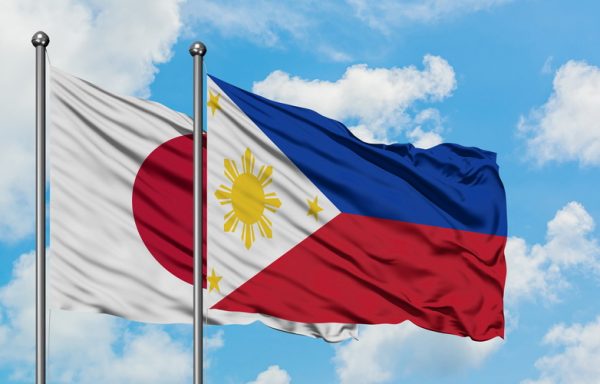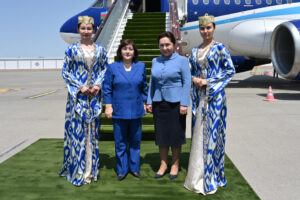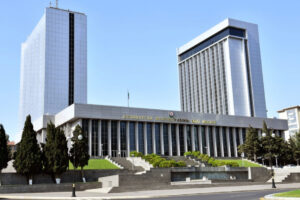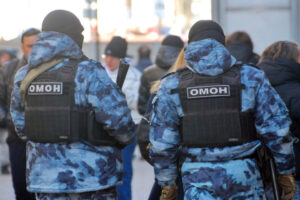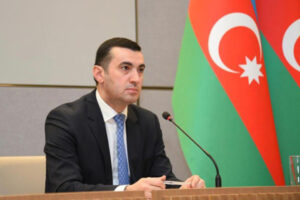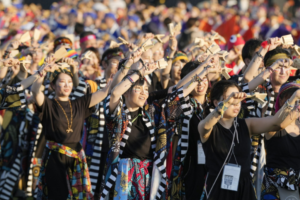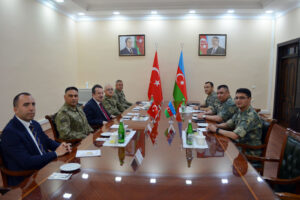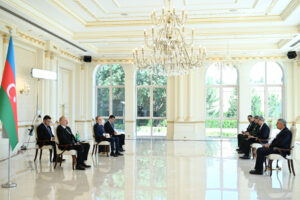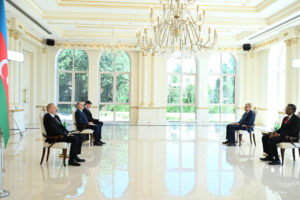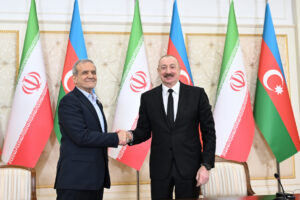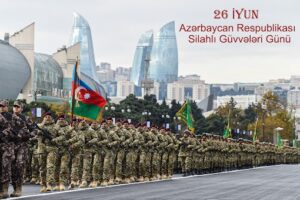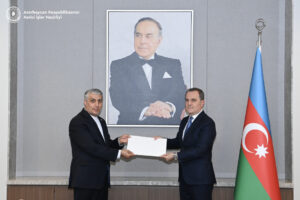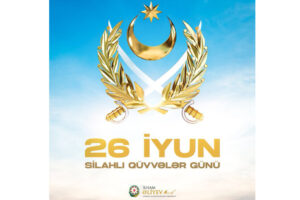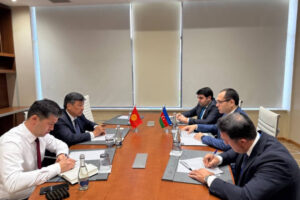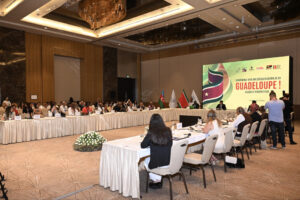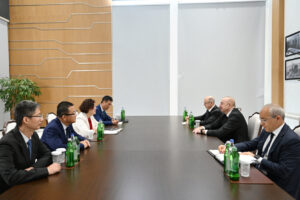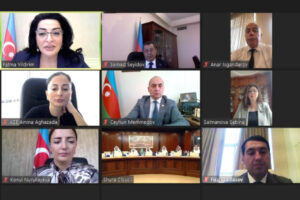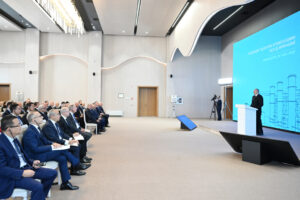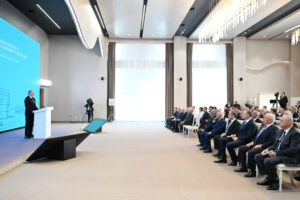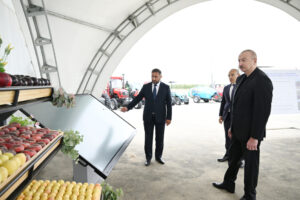Tokyo, 29 May, /AJMEDIA/
Philippine Defense Secretary Gilberto Teodoro says that there is a “very strong possibility” for his country and Japan to sign an agreement allowing their defense forces to train in each other’s territories during a meeting involving the two nations’ foreign and defense ministers in July.
In an interview with Kyodo News, Teodoro stated that negotiations on a reciprocal access agreement were nearing conclusion, with no remaining contentious issues. These negotiations commenced in late November, following an agreement earlier that month between Philippine President Ferdinand Marcos Jr. and Japanese Prime Minister Fumio Kishida to initiate talks aimed at enhancing security ties.
“It will allow your maritime forces…land (forces) and your air forces to train with us in a different environment (from what) you are used to,” Teodoro said, referring to possible cooperation between Japan’s Self-Defense Forces and the Philippine military.
It will be Japan’s first RAA with a member of the Association of Southeast Asian Nations and the third following pacts with Australia and Britain, which took effect last year.
Once both countries ratify the RAA, it will enable Japanese forces to participate in the annual large-scale Balikatan military exercise conducted by the Philippines and the United States, he said.
Teodoro, his Japanese counterpart, Minoru Kihara, Philippine Foreign Secretary Enrique Manalo, and Japanese Foreign Minister Yoko Kamikawa will attend the bilateral security meeting scheduled for July in Manila.
Teodoro said the Philippines and Japan would eventually consider holding talks about a military intelligence-sharing accord called the General Security of Military Information Agreement, which Manila is currently negotiating with Washington.
Japan and the Philippines, both U.S. allies, have been strengthening bilateral defense ties in recent years in response to China’s intensifying provocative activities and territorial claims in the East and South China seas.
The Philippines is deepening its security ties with other like-minded countries such as Australia. In April, the Philippines, Australia, Japan, and the United States conducted a joint maritime exercise in the South China Sea, of which China claims almost the entire area as its territory.
In order to “demonstrate to the world freedom of navigation,” Teodoro said his country hopes to conduct naval activities with the three allies within the Philippines’ exclusive economic zone “as often as possible.”
Beijing’s sweeping claims in the South China Sea were invalidated by a 2016 ruling of the Permanent Court of Arbitration in The Hague.
For this year’s Balikatan exercise held in the Philippines from April 22 to May 10, a midrange U.S. missile system was deployed for simulated firing in a scenario where the two countries’ forces sank an enemy ship in the South China Sea, according to the U.S. military.
While China has said the missile deployment “severely threatens” regional security, Teodoro said the Philippines is willing to host more such U.S. defense equipment for exercises. He added that Chinese government officials “are paranoid about things.”
Regarding China’s move to enforce a new law in June to detain foreigners suspected of crossing its maritime borders for up to 60 days, Teodoro described it as “roguish” behavior that threatens “international stability and peace.”
In a bid to monitor the areas where the Philippines exercises sovereignty, Manila is hoping to acquire additional coastal surveillance radars from Tokyo under Japan’s official security assistance, he said.

